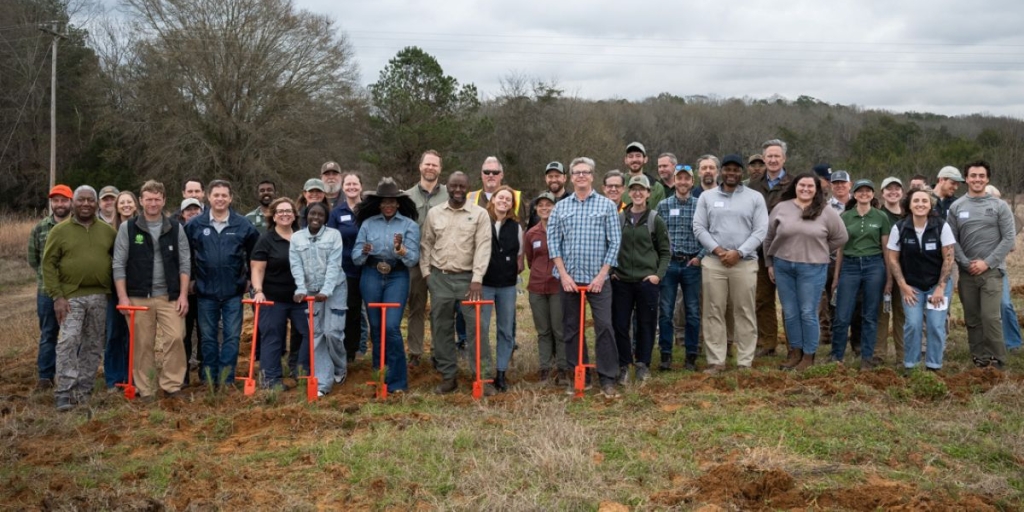
On Tuesday, Governor Kay Ivey signed Executive Order 708, creating the Alabama Opioid Overdose and Addiction Council. The order makes changes to the previous Alabama Council on Opioid Misuse and Addiction, which was put in place by Robert Bentley.
In a press release Tuesday, Ivey’s office explained that the executive order makes Alabama Attorney General Steve Marshall a third co-chair. It also plans to add to the council a physician appointed by several prominent state medical associations, including the Medical Association of the State of Alabama, the Alabama Pharmacy Association, and the Alabama Dental Association.
AG Marshall was honored to be appointed to the council and warned of the impending crisis that the state faces. In a news release from Tuesday, Marshall explained:
“Opioid abuse, in the form of prescription opioids and heroin, has reached epidemic levels across the country, and Alabama has more opioid prescriptions per capita than any other state. Opioid addiction, including the use of deadly drugs like fentanyl, is killing Alabamians, destroying families and placing others, including law enforcement, at risk. This crisis can no longer be ignored.
According Ivey’s office, 736 Alabamians died from drug overdoses in 2015. 38% of those deaths were caused by opioids such as heroine, fentanyl, and prescription narcotics. Alabama had the highest rate of prescribed opioids in 2012 at 1.43 prescriptions per person. According to the CDC, the national average that year was .87 opioid prescriptions per person. However, in 2015 Alabama averaged .71 opioid prescriptions per person. Such a drastic decline shows the success that some programs have had in fighting the opioid epidemic.
Governor Ivey expressed optimism that the council will be able to put together a significant plan to fight the epidemic in Alabama.
“Opioid addiction is a major problem in Alabama. We are a top prescribing state with hundreds of deaths each year from overdose. It’s a serious situation that all citizens need to be aware of and help us with. We must find ways to curtail this crisis in Alabama. I look forward to reviewing the council’s recommendations for strategies to reduce the number of deaths and other effects caused by opioid misuse in our state.”
Marshall is eager to take on his role in the council and work to save the lives of countless Alabamians.
“I am committed to working with fellow members of the Council to develop a comprehensive strategy to save lives by reducing and combating opioid addiction and promoting safer methods of pain management. Our work will not be easy, but it must be undertaken with urgency. I look forward to joining in this effort to remove the destructive scourge of opioid addiction from our state.”
The Alabama Opioid Overdose and Addiction Council hopes to hold its first meeting within the next month. It will report its findings to the Governor by the end of this year.
RELATED: The War on Drugs in Alabama: New Operation Nabs 20 Traffickers But Where Does It End?
RELATED: Alabama Joins Multi-State Investigation into National Opioid Crisis












